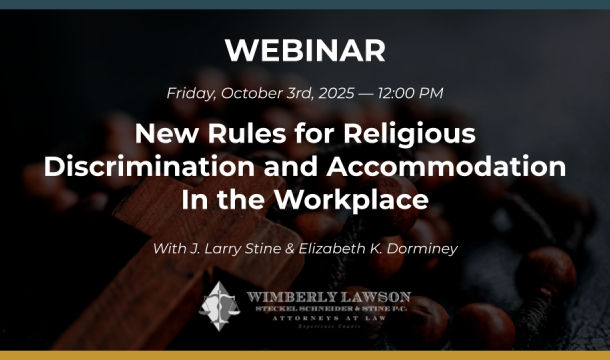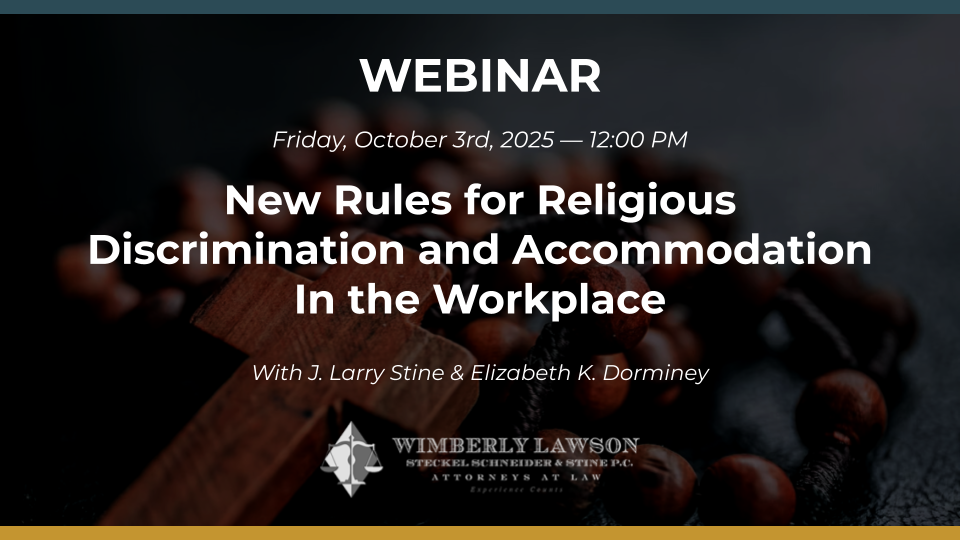Will E-Verify Be Required Nationally?
On September 8, 2017, U.S. Congressman Lamar Smith (R-Texas) – whose 1996 bill created the pilot for the E-Verify system – introduced to Congress "The Legal Workforce Act" (H.R. 3711) which would require all U.S. employers to use E-Verify to check the work eligibility of new hires. Smith was joined in introducing the bill by co-authors Rep. Bob Goodlatte, R-Va., and Rep. Ken Calvert, R-Calif. The Legal Workforce Act would phase in the E-Verify requirement over a two-year period, starting with the largest employers. The agriculture industry would have an additional six months—or 30 months total—to come into compliance.
What is E-Verify? E-Verify is operated by the U.S. Citizenship and Immigration Services (USCIS) and checks the social security numbers of newly hired employees against Social Security Administration (SSA) and Department of Homeland Security (DHS) records to help ensure that they are genuinely eligible to work in the U.S. The program has a record of confirming 99.8 percent of work-eligible employees and has earned high customer satisfaction scores on the agency's annual surveys, according to USCIS. Over 740,000 employers currently use it.
Currently, seven states in the South (Alabama, Georgia, Louisiana, Mississippi, North Carolina, South Carolina and Tennessee) and two in the West (Arizona and Utah) already require private employers to use E-Verify. Some employer groups, including the U. S. Chamber of Commerce and SHRM, support a federal E-Verify requirement because it will set a uniform national standard that would preempt differing state standards. Some agricultural groups are not as supportive of the measure.
As the bill makes its way through the legislative process, there are likely to be some changes and compromises. In final form, it may be passed as part of a more comprehensive immigration measure. We will provide further updates as necessary.

Kathleen J. Jennings is a former principal in the Atlanta office of Wimberly, Lawson, Steckel, Schneider, & Stine, P.C. She defends employers in employment matters, such as sexual harassment, discrimination, Wage and Hour, OSHA, restrictive covenants, and other employment litigation and provides training and counseling to employers in employment matters.
Related Content
Get Email Updates
Recent Content

Trump Nominates Appointments to NLRB and EEOC but Policy Changes Likely to Be Delayed

DOL Launches Self-Audit Programs Designed to Help Employers Improve Compliance

DOL Must Release EEO-1 Reports to the Public under Open Records Laws

Current Advice on Active-Shooter Situations

New Policy for Federal Workers and Religious Expressions

